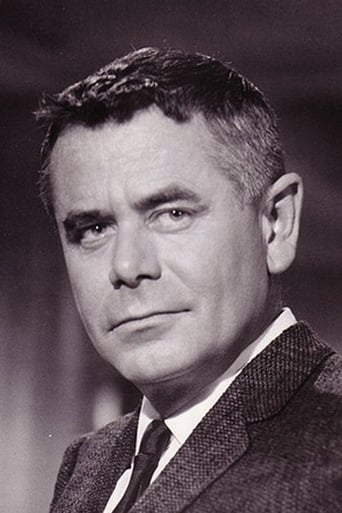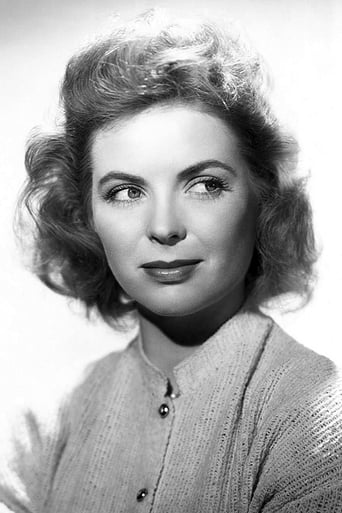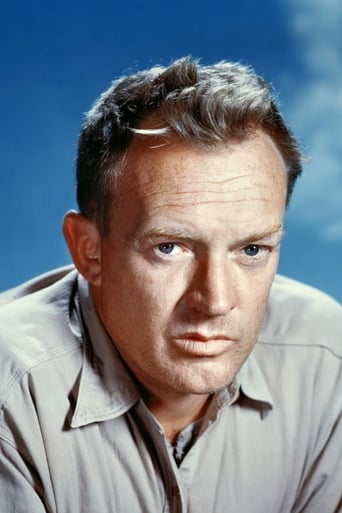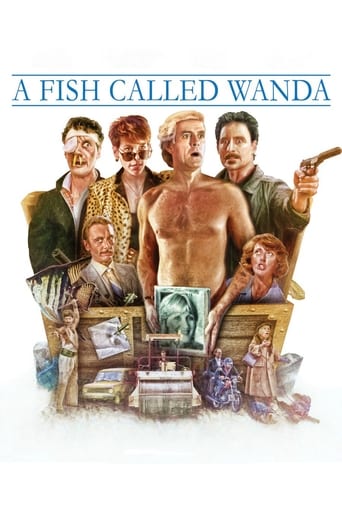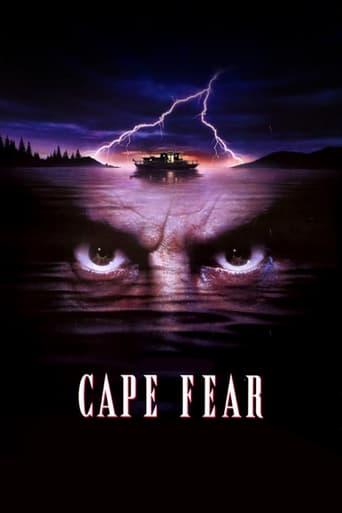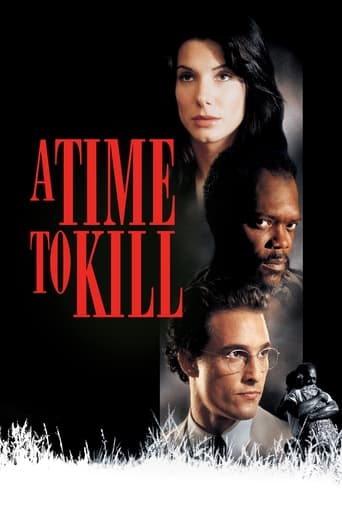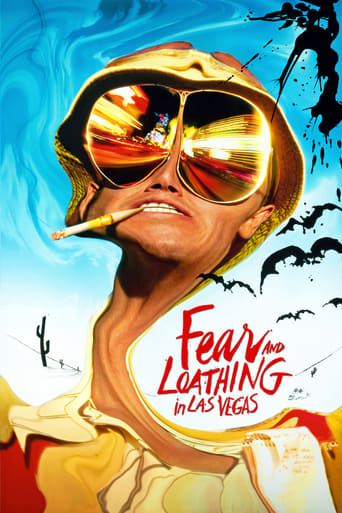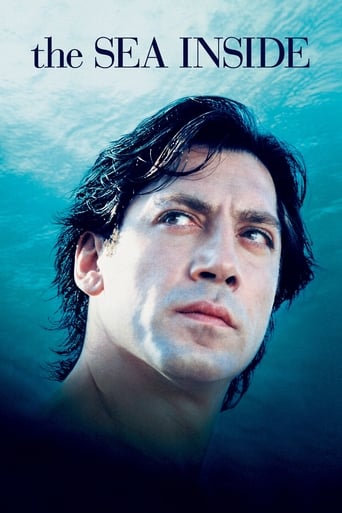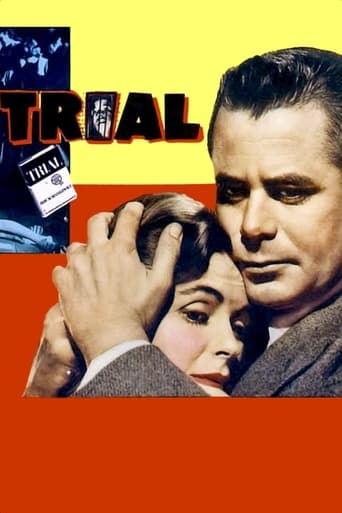
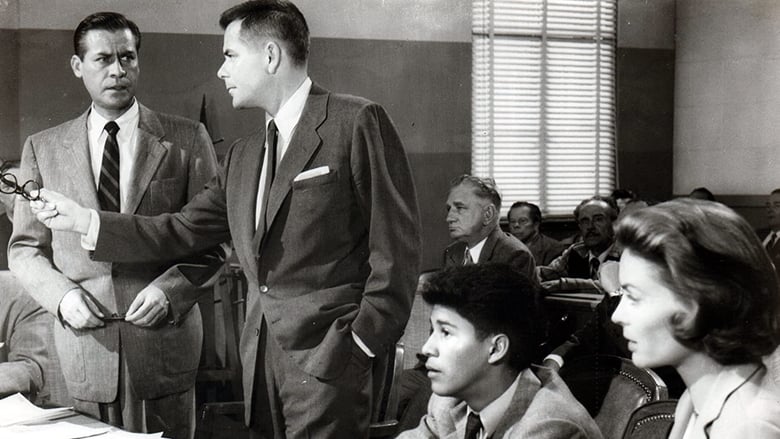
Trial (1955)
A Mexican boy accused of rape and murder becomes a pawn for Communists and red-baiters.
Watch Trailer
Cast
Similar titles
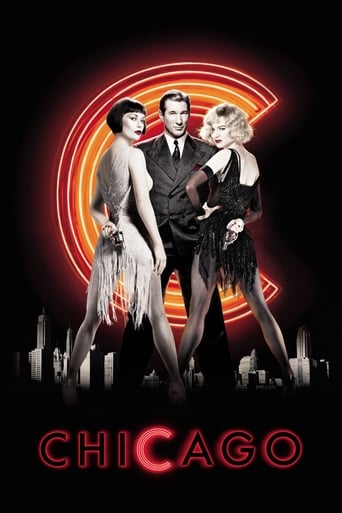
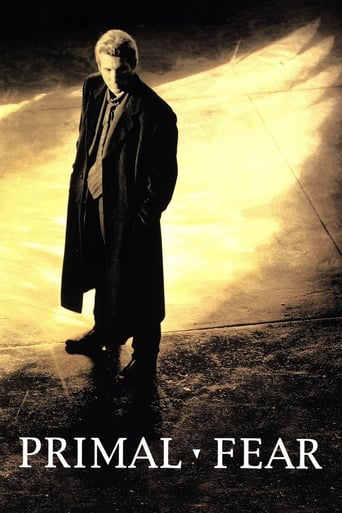
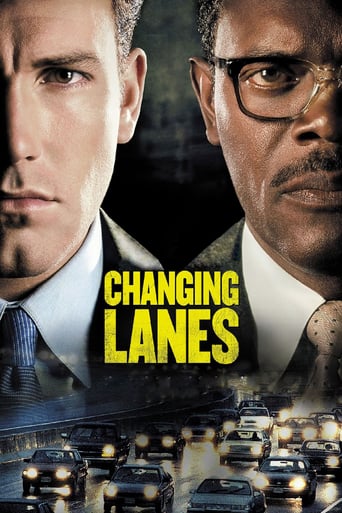
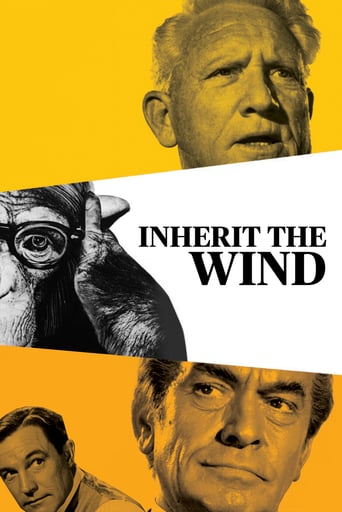
Reviews
To me, this movie is perfection.
Pretty Good
Admirable film.
A great movie, one of the best of this year. There was a bit of confusion at one point in the plot, but nothing serious.
Glenn Ford, a law professor, carries about a cigarette lighter with a Latin inscription that translates as "Where there is a wrong, there is a remedy." Here we see that the application of the remedy can lead to an iatrogenic disease.Poor, young, Mexican, Rafael Campos, is found standing over the dead body of a young girl on the beach. The girl has suffered from rheumatic fever and has died, in the opinion of the medical examiner, from heart failure induced by violent exertion. The consensus is that Campos had been pursuing her with rape on his mind and that this is therefore a case of felony murder.The loud-mouthed bigots of San Juno are organized and they and their leader intrude on the quiet funeral ceremony of the dead girl, forcing the Padre to say two blessings, one before and one after their rabble-rousing racist pronouncements.Later, they form a mob in front of the jail and assault the iron gate, trying to break it down in order to lynch Campos. The sheriff doesn't have enough men to prevent them but he talks the hoi polloi out of it anyway for reasons of political advantage. He doesn't care about the kid but he wants to be reelected.So far, so humdrum.A minority kid is about to be railroaded into the slams for an alleged sex crime and barely escapes murder by an aroused crowd of white zealots. We've seen it all before.We even anticipate it when Glenn Ford is drawn into the case under the auspices of the Libbo lawyer Arthur Kennedy, and we anticipate too that while Kennedy is out scraping together enough money to fund the defense, Ford -- in his first trial -- will get the kid off, maybe with some other guilty party breaking down on the stand and sobbing, "I DID it. I DID IT! But I only meant to scare her." Not this time.As one of the "good guys", the smirking Arthur Kennedy, in his villainous mode, is immediately jarring to our seasoned sensibilities. In his first meeting with the defendant and his family, he shoves the hysterical mother around and whacks Campos across the face to force him to admit that he tried to rape the girl, while innocent Glenn Ford stands aghast.It isn't long before we learn that Kennedy is a communist and is using Rafael Campos to generate a lot of cash -- only some of which will go the defense fund, while the rest winds up in the pockets of the party. Not only is Kennedy a commie, he also pronounces the defendants name with the wrong initial phoneme -- Shh, instead of Tch -- as if it were a French verb in the second person.By the end of the trial, the Communist Party line has changed. They no longer want to get Campos off. They've decided that he'd be more useful as a martyr, so Kennedy does everything he can to sabotage the defense -- firing Ford (who was about to win the case) and disrupting the court by calling the judge, reliable old Juano Hernandez, a "handkerchief head" and an "Uncle Tom." The judge is pretty savvy, however, and by this time Ford has wised up enough to save the kid from the guillotine, but not from prison.The plot is as disjointed as hell. It wanders all over the place, poking into narrative corners, dwelling too long on incidental characters like the sheriff and the victim's family and the defendant's mother.But, in its own, somewhat obstreperous way, it's more challenging than most of the courtroom dramas that wind up on film. It shouldn't have been called "Trial" because the focus here is chiefly on what goes on behind the scenes, after court is adjourned. The extremists on both sides have a spotlight turned on them and they enjoy it. And the film raises questions that the usual formula does not. Not everyone on the "good" side is respectable. The money is shady, raised from people under deceptive circumstances. Should it be used, even if it's "bad" money? When Ford demurs, Kennedy replies with a question: What would you rather have? Fifty thousand dollars for a defense fund or one hundred and six? Good question too. Suppose a convincingly innocent-looking Muslim is on trial for some terrorist act. Should the defense accept funds from some Jihadist organization? Would it be better to shun such money and have the defendant convicted? Tough ethical stuff.The film is weakened by overacting. That's Mark Robson, the director. He's in charge of such things. And some viewers might be put off by the lack of the usual Manichaean divide between black and white, the absence of clear good and evil, a feature that I think is the movie's main virtue. What I mean is that it's not reassuring. It prompts us to think, to question our conception of the justice system, to wonder about our beliefs. That's an irritant. As Charles Sanders Peirce said, "Belief is thought -- at rest."
Pretty good drama featuring a reluctant lawyer roped into a murder trial. As usual Ford does a credible job as the harried attorney who strives to see his client gets a fair shake. To do this he must alienate many of the town's leading citizens who are, of course, looking out for #1. Worth seeing.
An hour and a quarter into Trial, the jury is finally impanelled. Ostensibly a legal drama, the movie casts wide its net, dragging in multi-hued racism, anti-Communism and fellow-travelers, corruption, vigilantism and media justice.That venerable academy State University won't renew law prof Glenn Ford's contract because he lacks courtroom experience. He signs up with slick lawyer Arthur Kennedy ("Law's a business like any other"), who promptly makes him point man in a high-visibility trial. A Mexican boy has been charged with murder of an underage Anglo girl in a case of statutory rape. Town racists whip up a lynch mob; meanwhile, Kennedy flits across the country to milk cash from a leftist rally for the boy. But, confident that Ford will blow the defense, he's only interested in providing a profitable martyr for the "cause."Ford faces a thankless task in the courtroom -- and the movie. Always the strong, stoic sufferer, he here plays a dupe, kept in the background, his face curdled into a mask of disdain. (Helpmate Dorothy McGuire, as Kennedy's maverick Girl Friday, shows more passion and intelligence.) His adversary is D.A. John Hodiak, so between them the soggy scenes before the bench fizzle out. Ford's final gallop to the rescue comes too late to neutralize the cynical torpor; the young Mexican proves as much of a pawn in the hands of the moviemakers as in the manipulative attorneys' and officials'. Trial raises more provocative and timely issues than it can begin to explore, let alone resolve. It's a pity, because those issues still smoulder today, in the America of Court TV spectacles and an ideologically embalmed judiciary.
A tepid tale of race, court-room tactics, communism, crooked lawyers, and desperate educators. Sound convoluted? It is. Somewhere in this mixture there was a great story, but it got lost in an attempt to expose too much. Considering the cast, writer, and director this one should have been great. Somehow we never really care much about the central characters, and the story rambles on to a conclusion that is unrealistic, at best.
